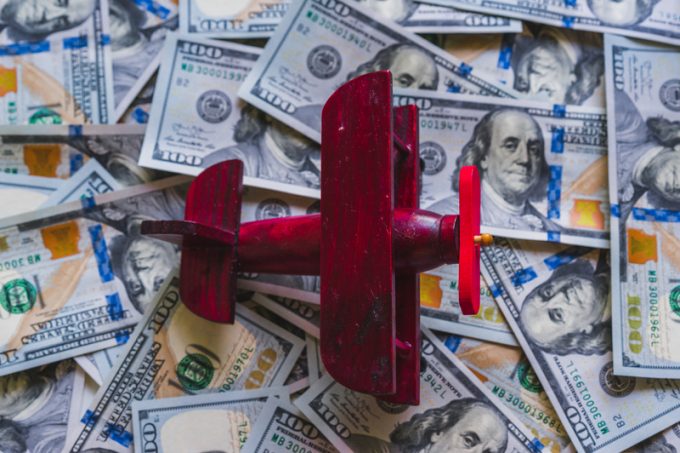Expect a shift in airfreight market as ecommerce changes tack
Airfreight shippers should expect to see market shifts as ecommerce players change strategies. While the ...

The collapse of Silicon Valley Bank and last-ditch rescue of Credit Suisse have raised the spectre of a renewed financial crisis. But this time things look a bit different.
After falling steeply from Covid-era peaks, airfreight prices finally seemed as if they might be reaching a bottom in March.
TAC Index, the leading price reporting agency (PRA) for air freight, reported successive weekly gains for the Baltic Air Freight Index (BAI00) of 3.1% in the week to 20 March, and then another ...
Trump tariffs see hundreds of cancelled container bookings a day from Asia
'Disastrous' DSV-Schenker merger would 'disrupt European haulage market'
'To ship or not to ship', the question for US importers amid tariff uncertainty
'Chaos after chaos' coming from de minimis changes and more tariffs
List of blanked transpac sailings grows as trade war heats up and demand cools
EC approves DSV takeover of DB Schenker
Shippers in Asia restart ocean shipment bookings – but not from China
Forto 'sharpens commercial priorities' as it lays off one-third of staff
India withdraws access for Bangladesh transhipments, in 'very harmful' decision
'Tariff hell' leaves industries in limbo – 'not a great environment to plan'
IndiGo fleet expansion plan will include a major push to boost cargo volumes
Pre-tariff rush of goods from US to China sees air rates soar, but not for long


Comment on this article